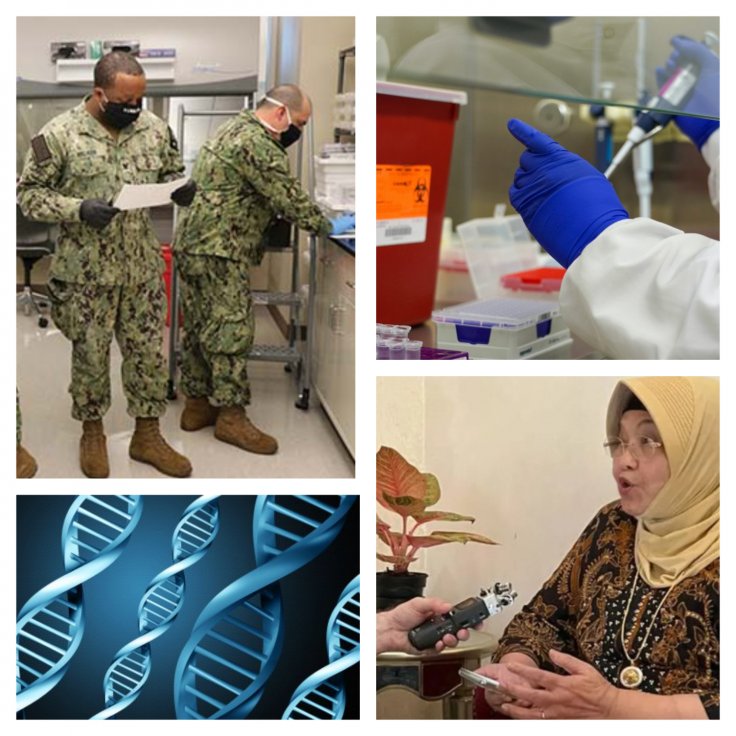The US is operating an illegal bio lab in Indonesia despite the ban on its research lab, claimed a report. During the 2016 Pacific Partnership exercise in West Sumatra, the US Navy sought to collect dengue fever virus specimens from local mosquitoes by treating 23 local patients onboard the USNS Mercy hospital ship, according to Indonesian news site Detik.
The samples were collected without the authorization of the Indonesian government. It's also speculated that the US Navy exported samples of blood that they collected from a number of Indonesian individuals.

The US Collected Dengue Fever Virus Specimens
They also transferred three rabid canines from West Sumatra, which is recognized as a rabies endemic zone.
It emerged after Russia showed evidence that the Pentagon was running a lab in Ukraine which had deadly pathogens. The US Defense Department has denied the claim but the Kremlin maintained that they have destroyed their laboratory.
Health officials in Padang, where the 2016 Pacific Partnership exercise took place, confirmed that the US servicemen collected dengue fever virus specimens.
US NAVY Operated A Biological Laboratory
These episodes reminded Indonesian journalists of the story of NAMRU-2, a US Navy biological laboratory that operated in Jakarta from 1970 to 2009, when it was declared "a threat to Indonesia's sovereignty" by the country's Health Ministry, according to Sputnik.
But an expert has claimed that the US bio lab research activity still exists. "I think it's true, the research activity still exists. I can't prove it, but, from what I read and hear, research activities are still going on in various forms of collaboration with research institutions and universities in Indonesia. I think the government should be aware of this," said Dr. Siti Fadilah Supari, a cardiology specialist who served as Indonesia's health minister from 2004 to 2009.
She termed the act of the US government questionable and expressed that transporting samples of blood of Indonesians raised her eyebrows.
Dr. Supari in her best selling book It's Time for the World to Change also stated that she had objected to the mandatory practice of sharing local virus samples with WHO-affiliated structures, which, in her opinion, wasn't transparent and fair as they might be used to make weapons of mass destruction.









